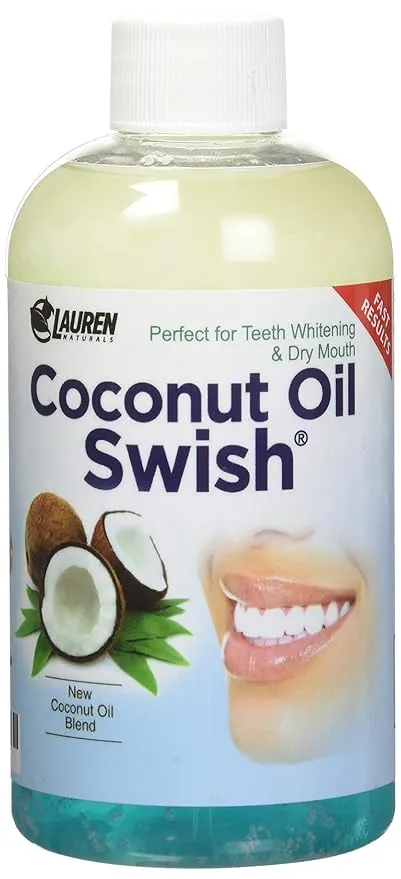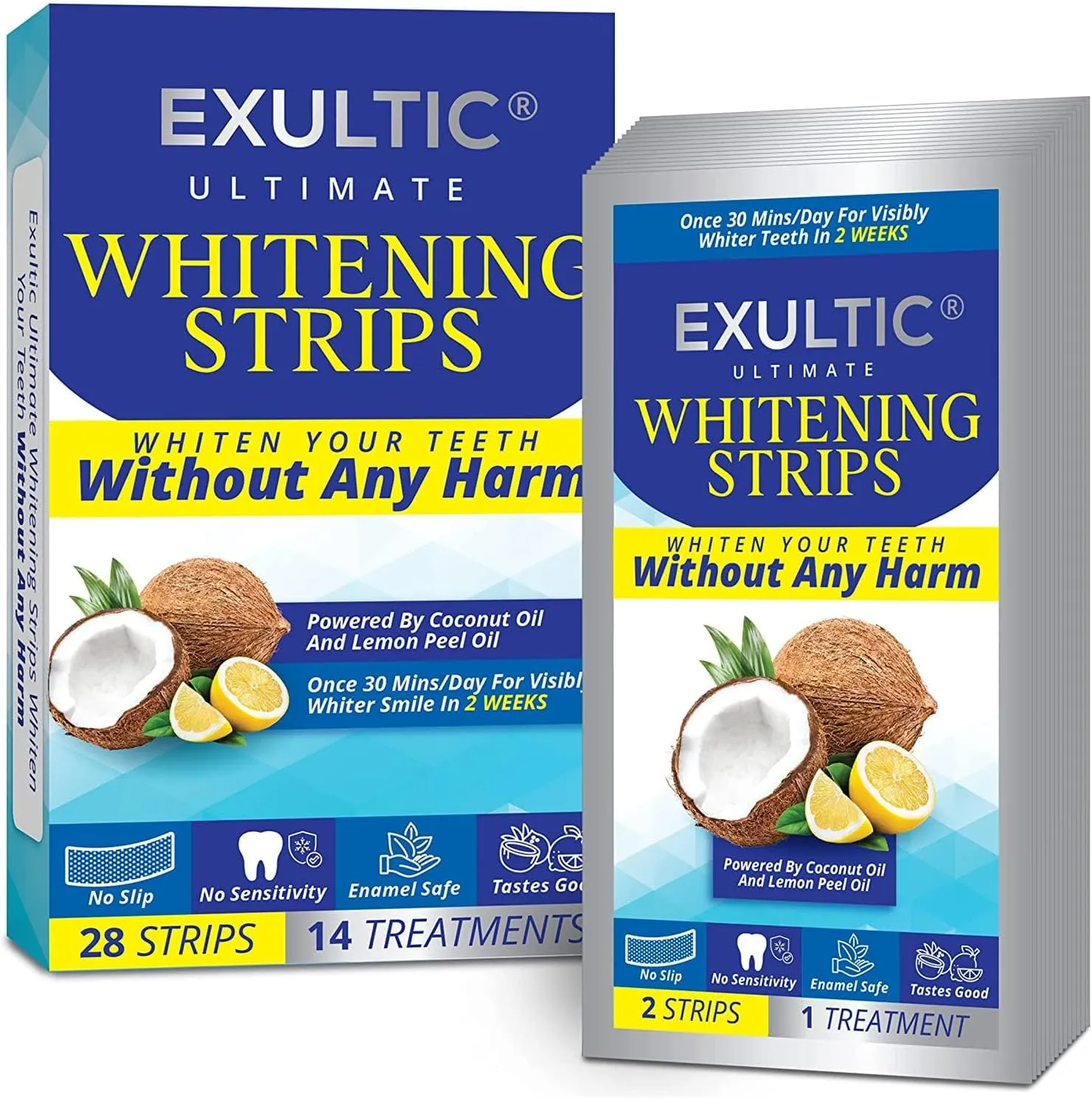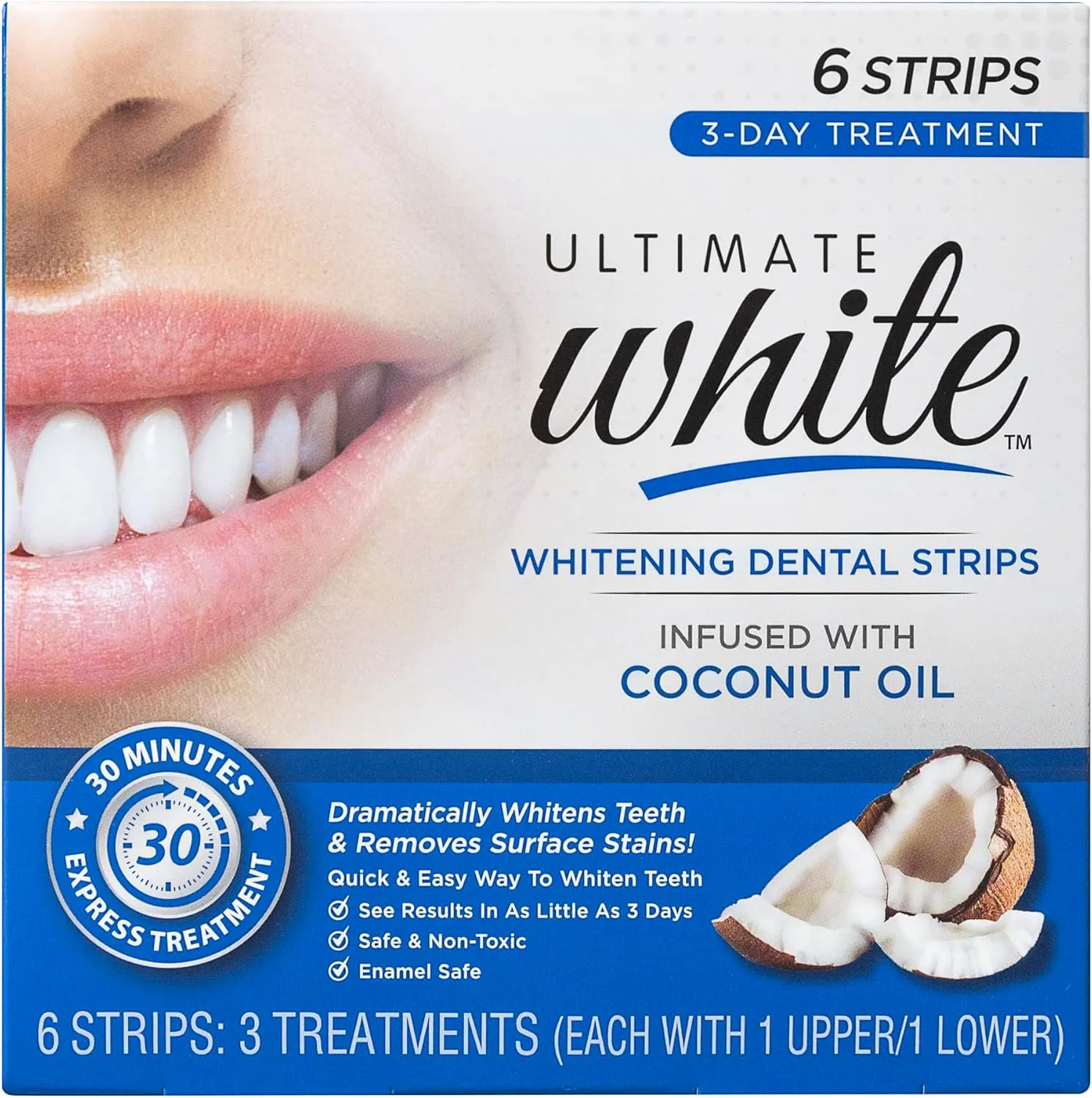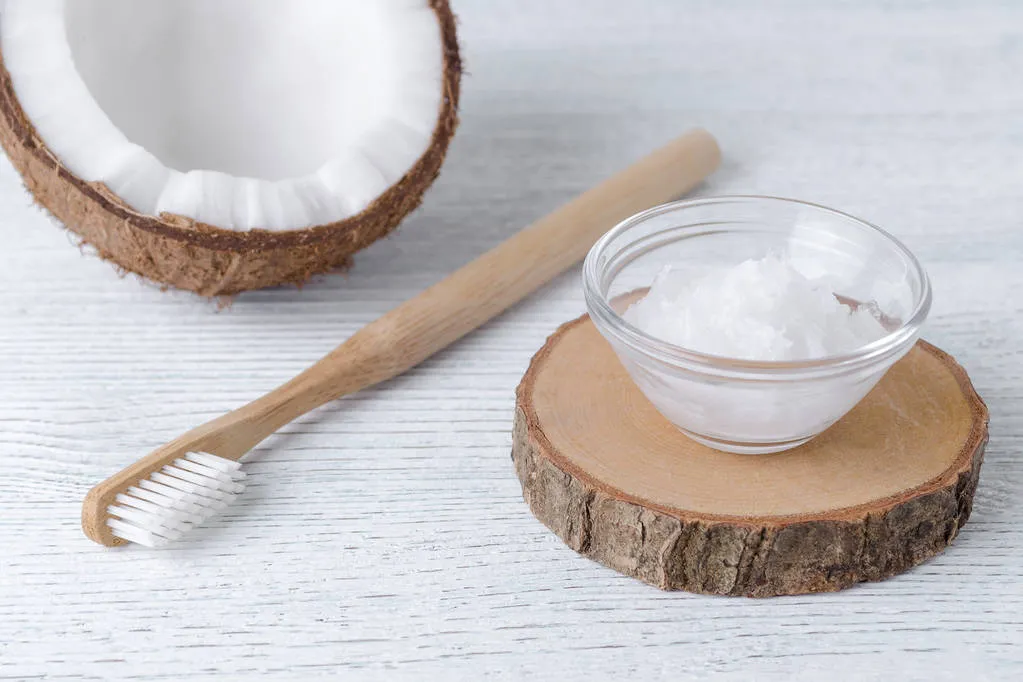What is Coconut Oil Teeth Whitening
Coconut oil teeth whitening is a natural approach to improving the brightness of your smile using coconut oil. It has gained popularity as an alternative method, and individuals are eager to find effective ways to enhance their oral hygiene routines and achieve a whiter smile. Proponents suggest that the unique properties of coconut oil can help remove stains and promote overall oral health. The process typically involves oil pulling, where coconut oil is swished around the mouth for a set period. The growing interest in natural and holistic health practices has fueled the exploration of coconut oil for teeth whitening, making it a widely discussed topic in the health and wellness community.
How Does Coconut Oil Whiten Teeth
The mechanism by which coconut oil whitens teeth is multifaceted and primarily revolves around its ability to reduce the presence of bacteria and plaque. Coconut oil contains lauric acid, a medium-chain fatty acid, which is known for its antimicrobial properties. This acid can help to combat bacteria in the mouth, which in turn reduces plaque buildup and the likelihood of developing cavities. As the plaque and bacteria are removed, the teeth can appear cleaner and, over time, brighter. Furthermore, the oil’s ability to penetrate and break down the biofilm, a sticky layer that protects bacteria, can contribute to a cleaner mouth and whiter teeth. The process involves swishing the oil, allowing it to reach areas that are difficult to access with regular brushing.
The Science Behind Oil Pulling

Oil pulling, the practice of swishing oil in the mouth, has been used in traditional Ayurvedic medicine for centuries. The science behind oil pulling revolves around the concept of removing bacteria and toxins from the oral cavity. As the oil is swished around the mouth, it binds to the bacteria, plaque, and debris, effectively ‘pulling’ them out. Studies have shown that oil pulling can reduce the number of bacteria in the mouth, potentially lowering the risk of gingivitis and plaque buildup. The lipophilic nature of coconut oil allows it to dissolve and trap fat-soluble impurities. While more research is needed to fully understand the extent of its effects, the scientific community acknowledges that oil pulling may have a positive impact on oral hygiene. It’s important to note that the effectiveness can vary, and it should be used as a supplementary practice.
Fact 1 Effective stain removal
One of the primary benefits of using coconut oil is its potential to remove surface stains from teeth. Stains can develop from various sources, including coffee, tea, and certain foods. The oil’s ability to dissolve and trap these stains contributes to a brighter appearance. The lauric acid in coconut oil helps to break down the substances that cause stains, making it an effective natural remedy. It’s important to maintain consistent oil pulling to see noticeable results, as stain removal is a gradual process. While coconut oil might not provide the same dramatic results as professional treatments, many users report visible improvements over time.
Understanding Snopes and its Role
Snopes is a website that serves as a fact-checking resource, investigating rumors and misinformation. Snopes assesses claims and provides evidence-based conclusions, often used to determine the validity of health trends. When considering information about coconut oil teeth whitening, it is crucial to consult reliable sources, and Snopes helps to discern fact from fiction. Checking Snopes can help confirm the effectiveness and safety of using coconut oil. By examining the evidence presented by Snopes, you can make informed decisions about incorporating coconut oil into your dental routine. Research from Snopes usually includes expert opinions and scientific studies.
Fact 2 Natural and Safe

Coconut oil is a natural product, and its use in oral care is generally considered safe. Unlike some commercial teeth-whitening products, coconut oil is free from harsh chemicals and abrasives. This makes it a gentler option for individuals with sensitive teeth or those seeking a more natural approach. The antimicrobial properties can help combat bacteria and improve overall oral health. When used correctly, the risk of adverse effects is relatively low, making it a suitable choice for long-term use. Always use a high-quality, food-grade coconut oil to ensure purity and safety.
Fact 3 Affordable and Accessible
One of the significant advantages of coconut oil for teeth whitening is its affordability and accessibility. Coconut oil is readily available in most grocery stores and health food stores. Compared to professional teeth-whitening treatments or specialized products, coconut oil offers an economical alternative. This makes it an attractive option for people who are budget-conscious but still want to improve their oral health. It is also simple to incorporate into your daily routine, requiring no special equipment or extensive preparation. This convenience, combined with its low cost, makes coconut oil a practical choice for many individuals.
Fact 4 Not a Substitute for Professional Treatment
While coconut oil can contribute to whiter teeth, it should not be seen as a substitute for professional dental care. Regular checkups and cleanings are essential for maintaining oral health and identifying potential issues like cavities or gum disease. Professional treatments can provide more dramatic whitening results and address deeper stains that coconut oil might not be able to remove. Moreover, dentists can offer personalized advice and treatment based on your specific oral health needs. Coconut oil can be used as a supplementary practice, but it is not a replacement for the guidance of a dental professional. Always consult your dentist for personalized oral health advice.
Fact 5 Potential Benefits Beyond Whitening

Apart from whitening, coconut oil offers several potential benefits for oral health. Its antimicrobial properties can help to reduce the growth of bacteria and plaque, promoting healthier gums and fresher breath. The oil may also help to reduce inflammation and soothe irritated tissues in the mouth. Some users report a reduction in sensitivity and improved overall oral hygiene. Coconut oil may also help to create a healthier environment in the mouth, contributing to overall well-being. These additional benefits make coconut oil an attractive option for a holistic approach to oral care.
How to Use Coconut Oil for Teeth Whitening
Using coconut oil for teeth whitening is a simple process that can be easily incorporated into your daily routine. The most common method is oil pulling. To perform oil pulling, start with one to two tablespoons of coconut oil in your mouth. Swish the oil around your mouth, pushing and pulling it between your teeth for 10 to 20 minutes. After swishing, spit the oil into a trash can to avoid clogging your sink. Rinse your mouth with water and brush your teeth as usual. Consistency is key to seeing noticeable results, so it is recommended that you practice oil pulling regularly, ideally daily. The duration and frequency of oil pulling can be adjusted based on your preference and schedule. Remember that this process is best used as a supplementary addition to your regular dental routine.
Step-by-Step Guide to Oil Pulling
- Measure a tablespoon of coconut oil.
- Place the oil in your mouth.
- Swish the oil thoroughly for 10-20 minutes.
- Spit the oil into a trash can.
- Rinse your mouth with water.
- Brush your teeth as usual.
Following these steps consistently will maximize the benefits of oil pulling. Always use food-grade, organic coconut oil to ensure the best results.
Tips for Best Results

For optimal results, choose high-quality, organic, and unrefined coconut oil. Incorporate oil pulling into your daily routine, preferably in the morning before eating or after brushing your teeth. Consistent use is essential for achieving visible results. Brush your teeth thoroughly after oil pulling to remove any remaining oil and debris. Consider combining oil pulling with other oral hygiene practices, like regular brushing and flossing, for comprehensive oral care. Stay patient and consistent with your oil pulling practice, and keep an eye on the development of your teeth.
Conclusion
Coconut oil teeth whitening is a natural approach to improving the brightness of your teeth, offering several potential benefits and facts. While not a substitute for professional dental care, it can be a beneficial addition to your oral hygiene routine. The antimicrobial properties of coconut oil may help in stain removal, promoting cleaner teeth. For those seeking a natural and affordable approach, coconut oil offers a promising option. By incorporating it correctly and consistently, you can enhance your smile and overall oral health. Combining this method with other standard dental practices will maximize its effectiveness. Consult with your dentist to determine if coconut oil teeth whitening aligns with your individual oral health needs.
